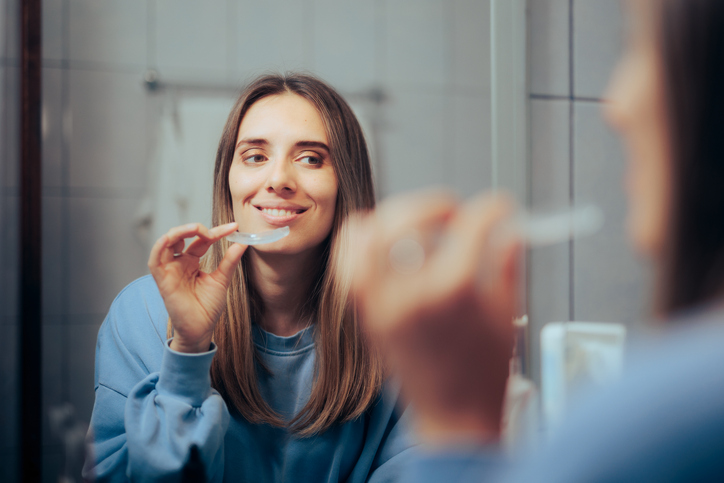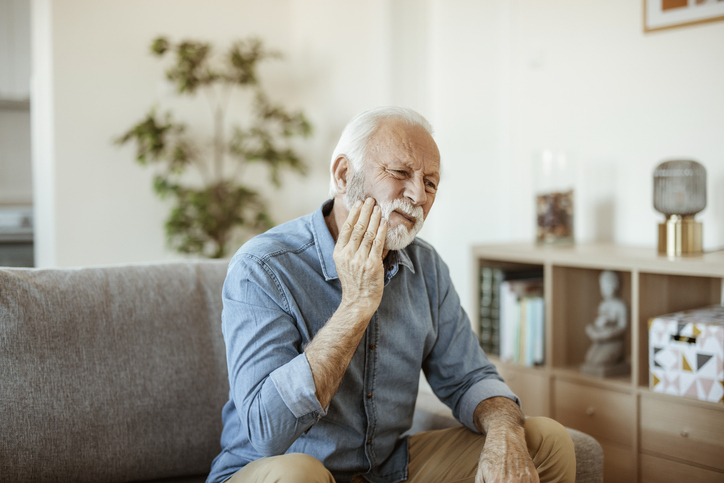What is Dental Anxiety?
Dental anxiety is common and in its simplest form, can prevent someone from going to the dentist. This means that dental checks are missed and there is a greater need for emergency care or more complex treatment.
There are a range of options when it comes to managing dental anxiety. For most people, this starts with an open and honest conversation between themselves and their dentist. Sometimes more of a partnership approach is necessary between the patient, their GP, dentist and other health professionals.
The Importance of Managing Dental Anxiety
Dental avoidance due to anxiety can be very real for those who experience it and it’s reassuring to know there are options for patients when it comes to effective management.
Due to most dental diseases being lifestyle-related and often preventable, missing dental appointments can lead to an increased risk of needing more complex and expensive treatments in the future. So, it’s important to remember the benefits that access to dental care has on not just our mouths, but our entire bodies.
How can I manage Dental Anxiety?
There are a range of options when it comes to managing dental anxiety such as:
- Letting the Dentist know beforehand, they are always happy to help
- Relaxation techniques such a meditation or listening to music you enjoy
- Asking for frequent breaks
- Bringing a friend for support
- Arriving early so you are not in a rush
- Asking lots of questions
However if further support is required there are other options:
- Medication to help with relaxation, nitrous oxide (happy gas) and IV sedation (sleep dentistry), along with general anaesthesia. These options can be given in addition to local anaesthetic.
Sleep Dentistry
Sleep Dentistry or Conscious Sedation is an excellent option for managing dental anxiety. There are a few different types of conscious sedation depending on your specific situation;
- Nitrous oxide mixed with oxygen; this gas is administered via a mask which covers the patient’s nose.
- Prescribed tablets; work by relaxing the muscles and slowing down the nervous system.
- IV sedation; involves receiving a sedating medication through an IV drip, allowing your dentist to manage your dosage throughout treatment.
Sedation can be administered by your dentist, or an anaesthetist who comes to the dental clinic and can only be received at a dental practice which has additional equipment. Your dentist will let you know if their practice can offer conscious sedation, or they may recommend you go to an alternative clinic.
General Anaesthetic
General anaesthesia (GA) is often administered for those with extreme dental anxiety and more complicated procedures such as extractions and wisdom teeth removal. Because of the extra level of care needed for a general anaesthetic, this is only done in a hospital with an anaesthetist and allows you to work in partnership with your dentist as you will be involved in all aspects of planning for your dental treatments. Many private health insurance providers cover part of the cost of a GA and it’s useful to discuss this with your health fund.
Anxious about your Dental Appointments?
Going to the dentist doesn’t always have to be nerve-racking. If you feel anxious about dental visits, you can schedule a non-invasive check-up. During this appointment, your dentist or oral health professional will simply conduct a visual examination of your mouth and discuss any concerns you may have, without immediately jumping into treatment options.
Book your next general examination to speak with your dentist about managing dental anxiety. They will be able to determine the most suitable treatment options for you and ensure that you are comfortable with any procedures necessary.


